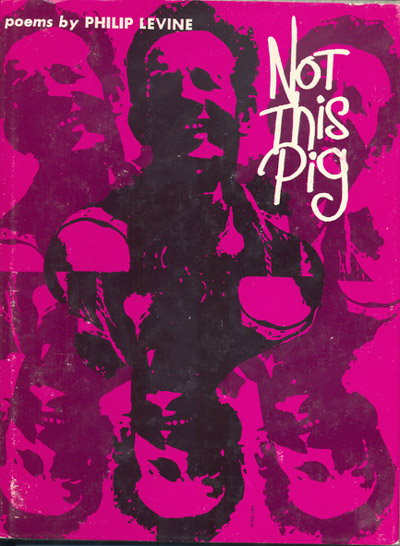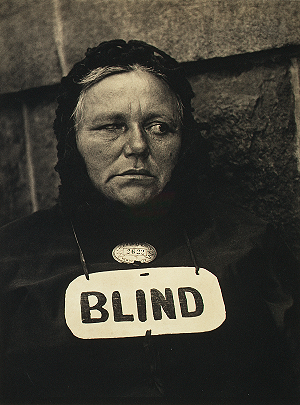James Boyle believes in the public domain enough to give away his new book there. You can acquire The Public Domain: Enclosing the Commons of the Mind in the conventional way, buying it from a book store. And you can download it as a PDF. He knows that giving it away on a Ritz cracker isn’t likely to put a dent in the book’s sales, because reading a 338-page PDF isn’t the first choice of most readers. Before the advent of tagged PDF, it would have been anathema to blind readers, too. But the giveaway gesture extends the book’s fungible possibilities, including immediate accessibility, so I tried downloading it. I have more to say about the PDF process below. Despite the technical hassles, I now have a free, listenable copy of the book to work with as I may. Producing a book accessible to blind readers probably wasn’t one of Boyle’s motives when he decided to release it in the public domain, but it was an effortless, built-in consequence. It’s an excellent example of what I mean when I talk about re-imagining accessibility.
Boyle talks about the perils of over-extending copyright in an interview with On The Media:
…what we’re doing is neglecting the flip side, the public domain, the raw material for the future, what the next artist, the next writer, the next painter, the next software coder is going to build on. You can’t make a house without bricks. You can’t build culture or science without the public domain.
Read the transcript or listen here:
A note on downloading: Boyle’s book is available as a 1.5MB PDF at thepublicdomain.org. When I clicked on the download link, it opened the PDF in my browser instead of in Acrobat 8 Pro. Then my screenreader seized up and the computer crashed. I tried it again and determined that the file was indeed tagged PDF, readable in ZoomText. But the crash and burn scenario repeated when I tried to save the file from the browser. Eventually I retrieved the file through the “Create PDF” function in Acrobat 8 Pro, rather than trying to open it in a browser. So, blind readers beware. It may take some finesse to get this one in a stable form.
![gustave_caillebotte_paris_street_rainy_day Gustave Caillebotte. Paris Street, Rainy Day (La Place de l’Europe, temps de pluie). 1877. Oil on canvas. Art Institute of Chicago. [Source: Wikimedia Commons]](../../../../wp-content/uploads/2009/02/gustave_caillebotte_paris_street_rainy_day_1877_wiki.jpg)
![Fog at Isle Royale [Source: wildmengoneborneo.com] Fog at Isle Royale [Source: wildmengoneborneo.com]](../../../../wp-content/uploads/2008/04/isle_royale_fog.jpg)
 If there is an emerging genetic underclass, I could run for class president or class clown. Read more in
If there is an emerging genetic underclass, I could run for class president or class clown. Read more in 

Dear Mr. Willis, James Boyle here. This made my day. Actually wearing my other hat (I am the chair of Creative Commons) reimagining access is exactly what we had in mind when we thought of people using Creative Commons licenses but this particular use wasn’t one I had thought of and I am delighted it was of use. Please advise as to other formats I should make the book available in that would make it easier for blind readers — I’ll also pass the information on to the Creative Commons community. And I’ve put in a new pdf on the site (without some of the fancy features that the newer versions of Acrobat embed) Let me know if it no longer crashes your browser. Hope you enjoy the book!
best wishes, James
Dear James,
I’ve written about a lot of books on this blog. You are the first author to make contact. Thanks so much for your approach to reader engagement and accessibility.
I am still working out a process I call “making peace with PDF.” Adobe has come a long way in addressing the accessibility needs of blind readers, so I’m not convinced that the PDF is to blame for my browser crashing. The problem seems to involve the way my screenreader manages or mismanages memory. I will try the new PDF version on your site and let you know how it works. A plain text file would be the most accessible format for the widest range of blind readers, but it would not have the navigation features now available in tagged PDF.
I ordered a print copy of your book, and look forward to having it at hand when I begin to read the PDF. For this reader, at least, commercial publishing and Creative Commons are very simpatico.
Cheers,
Mark
Pingback: DRM, the Public Domain and Accessiblity at tim o’brien photos
Pingback: Will Obama Sacrifice Blind Readers to the Content Industry’s Agenda? - Fair Use Lab